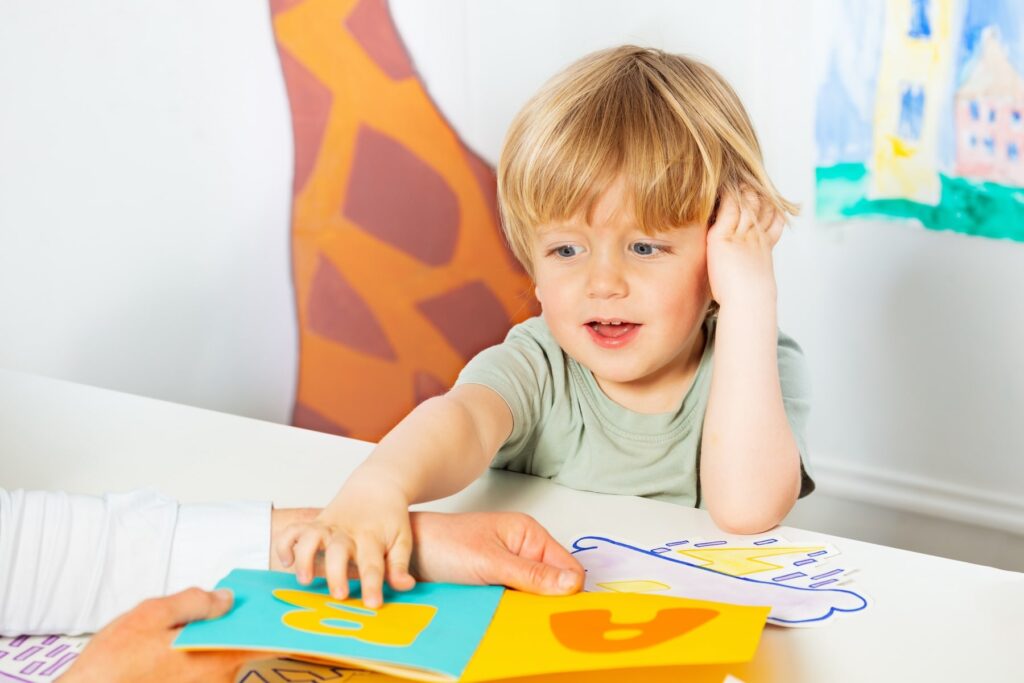Building Confidence and Connections with Children with Autism Through Practical Techniques
Social skills are an essential part of everyday life, but we know they can be challenging for children with autism. Developing these skills requires patience, practice, and tailored strategies that cater to your child’s unique situation and needs. Whether your goal is to improve communication with your child, help your child understand social cues, or simply help them build meaningful relationships, these proven strategies can help children with autism gain confidence and thrive in social situations.
Practice Role-Playing at Home
Role-playing is a safe and effective way to teach social skills. Create scenarios that your child might encounter, such as introducing themselves, sharing toys, or asking for help. Use props or toys to make it engaging and provide positive feedback when your child practices appropriate responses.
Use Visual Supports
Visual aids like social stories, charts, and cue cards can help children with autism understand social expectations and routines. For example, a visual chart can outline steps for starting a conversation or taking turns during play. These tools provide clarity and help your child feel more prepared in social settings.
Encourage Structured Social Interactions
Organized playdates, group activities, or extracurricular programs can provide opportunities for your child to practice social skills in a supportive environment. Look for groups or events tailored to children with autism, where the atmosphere is structured and inclusive.
Teach Emotion Recognition and Regulation
Helping your child identify and understand emotions is key to navigating social situations. Use flashcards, books, or apps to teach facial expressions and body language. Additionally, work on strategies for managing emotions, such as deep breathing or using a calming corner when they feel overwhelmed.
Model Social Behaviors
Children often learn by observing others. Model the behaviors you want to teach, such as making eye contact, using polite language, or actively listening during conversations. Narrate what you’re doing and why, so your child can connect the behavior with its purpose.
Reinforce Positive Behaviors
Celebrate your child’s efforts to use new social skills, even if the attempt isn’t perfect. Positive reinforcement, such as praise, stickers, or rewards, can motivate your child to continue practicing and improving.
Seek Professional Support for Children with Autism and Their Social Development
Speech therapists, occupational therapists, and behavioral specialists can provide targeted interventions to enhance your child’s social skills. These professionals can offer individualized strategies and structured programs to support your child’s progress.
Phoenix Autism Center Can Help Children with Autism Develop Social Skills With Confidence
Enhancing social skills takes time, practice, and the right strategies, but the rewards are invaluable. By helping your child navigate social interactions with confidence, you’re empowering them to build meaningful relationships and thrive in their community. At Phoenix Autism Center, we offer personalized programs to support social skill development for children with autism. Contact us today to learn how we can help your child achieve their full potential.




